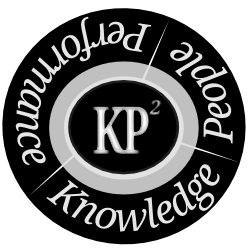While working on a blog post the other day, I asked myself (once again) how academic material taken from (copyrighted) journals and books, may be used (legally and appropriately) by researchers like myself. I’ve attempted to find an answer to this question on various occasions, but it seems that every publisher has guidelines on its own. Asking a law professor at our business school brought some relief. I further contacted a few publishers via Twitter and I’ve been pleased with the responsiveness of Oxford University Press, for example. However, their clearance process is too cumbersome to work with in practice. On the same day, I discovered a very useful guide published by Elsevier: Ways to Use Journal Articles: A Practical Guide. Posting the link to Twitter, it was re-tweeted several times, an indicator of its usefulness to other researchers, I suppose. Therefore, I decided to include the link to the guide on my blog and add an abstract of the relevant section below. If you come across similar documents, please drop me a line. I would surely like to have a look at them.
Anyone may in written work quote from an article published by Elsevier, as long as the quote comprises only a short excerpt such as one or two sentences. An appropriate citation, including the journal title, must be provided. If the intended use is for scholarly comment, noncommercial research or educational purposes, an institution or academic may, without seeking permission from Elsevier, use:
- a single text extract of fewer than 100 words or a series of extracts totaling no more than 300 words
- a maximum of two figures from a journal article or a total of five from a journal volume
These guidelines reflect Elsevier’s endorsement of the International Association of Scientific, Technical & Medical Publishers’ 2008 guidelines for quotation and other academic uses of excerpts from journal articles. Find more details on these guidelines at www.stm-assoc.org/document-library/ (see Guidelines for Quotations from Journal Articles).

